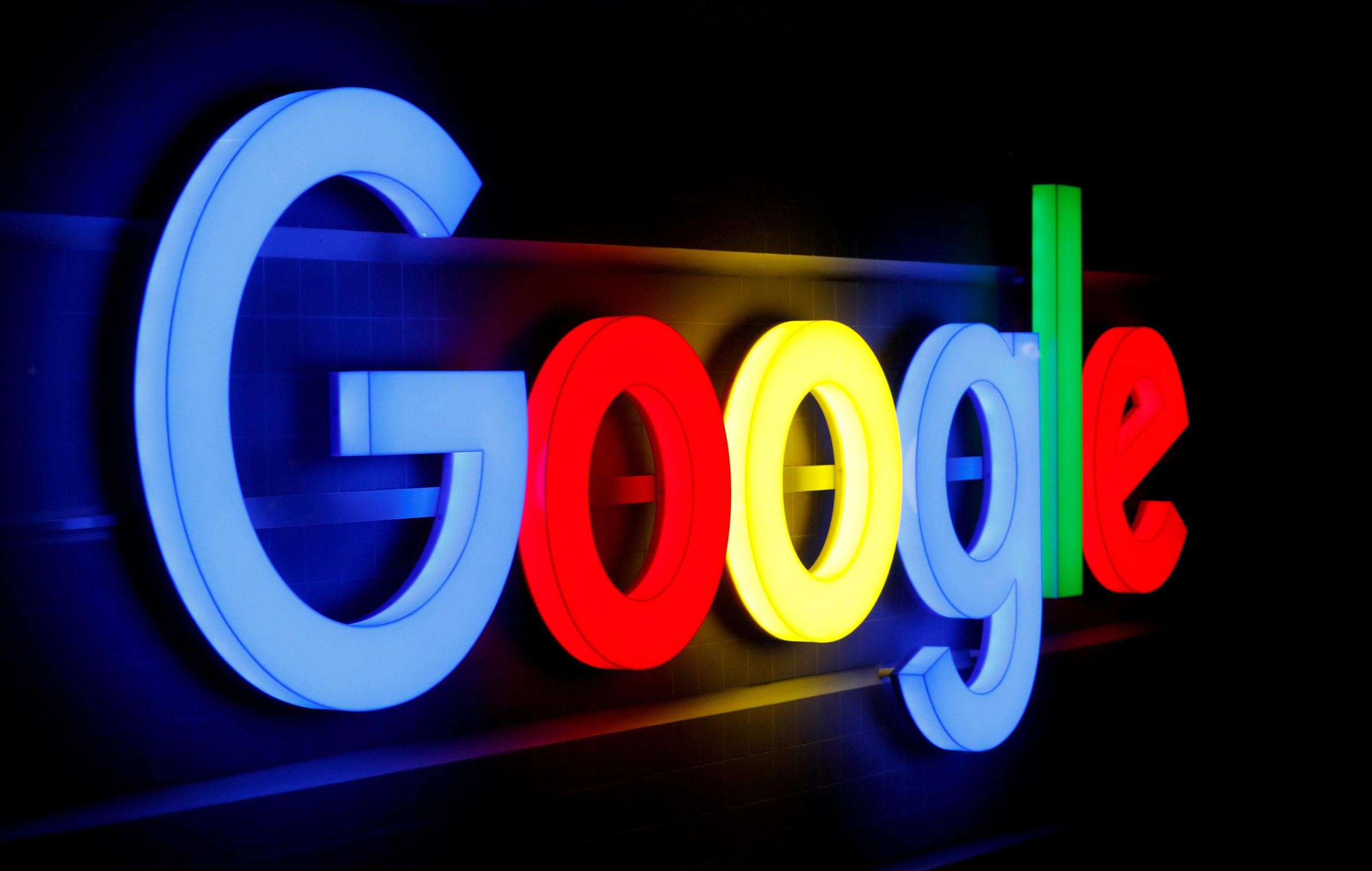After a full year of investigation and hours of congressional testimony, the recent House judiciary report on Big Tech is finally here. While many critics are already complaining that it’s arrival is too late for any actionable response by Congress in this term, the fact that this report comes in the middle of a presidential election cycle is certainly noteworthy. As expected, this report does not pull its punches. Rhetorically, the report explicitly compares Big Tech (specifically Amazon, Apple, Google, and Facebook) to the oil barons and railroad tycoons of the Gilded Age, and accuses them of operating as though they were above the law.
Login to read more
Sign in or create a free account to access Subscriber-only content.
Topics:
